

According to Statista, colleges in the United States, whether public or private, expect a high enrollment rate projected up to 14.89 and 5.22 million respectively by 2029. If you wish to be a part of this projection, you will need to develop a great strategy to draw in those students. To guide the endeavors of your school, think about your goals and objectives as an institute. That way, you can process them to design a school strategic plan.
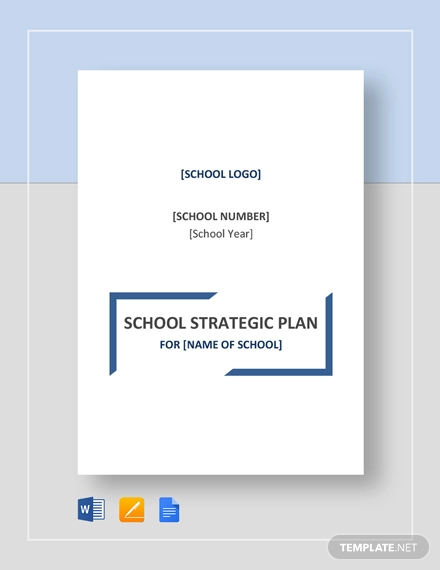

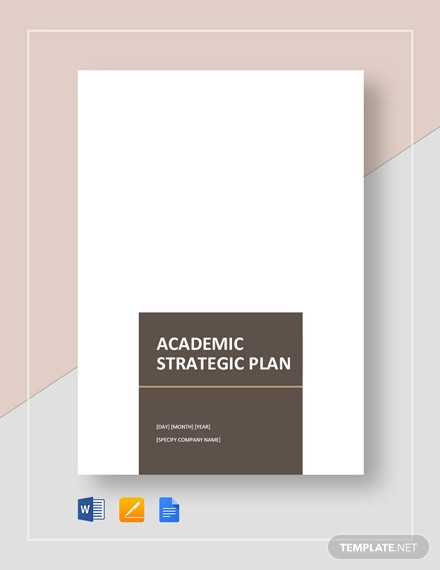
 University Strategic Plan Template" />
University Strategic Plan Template" />

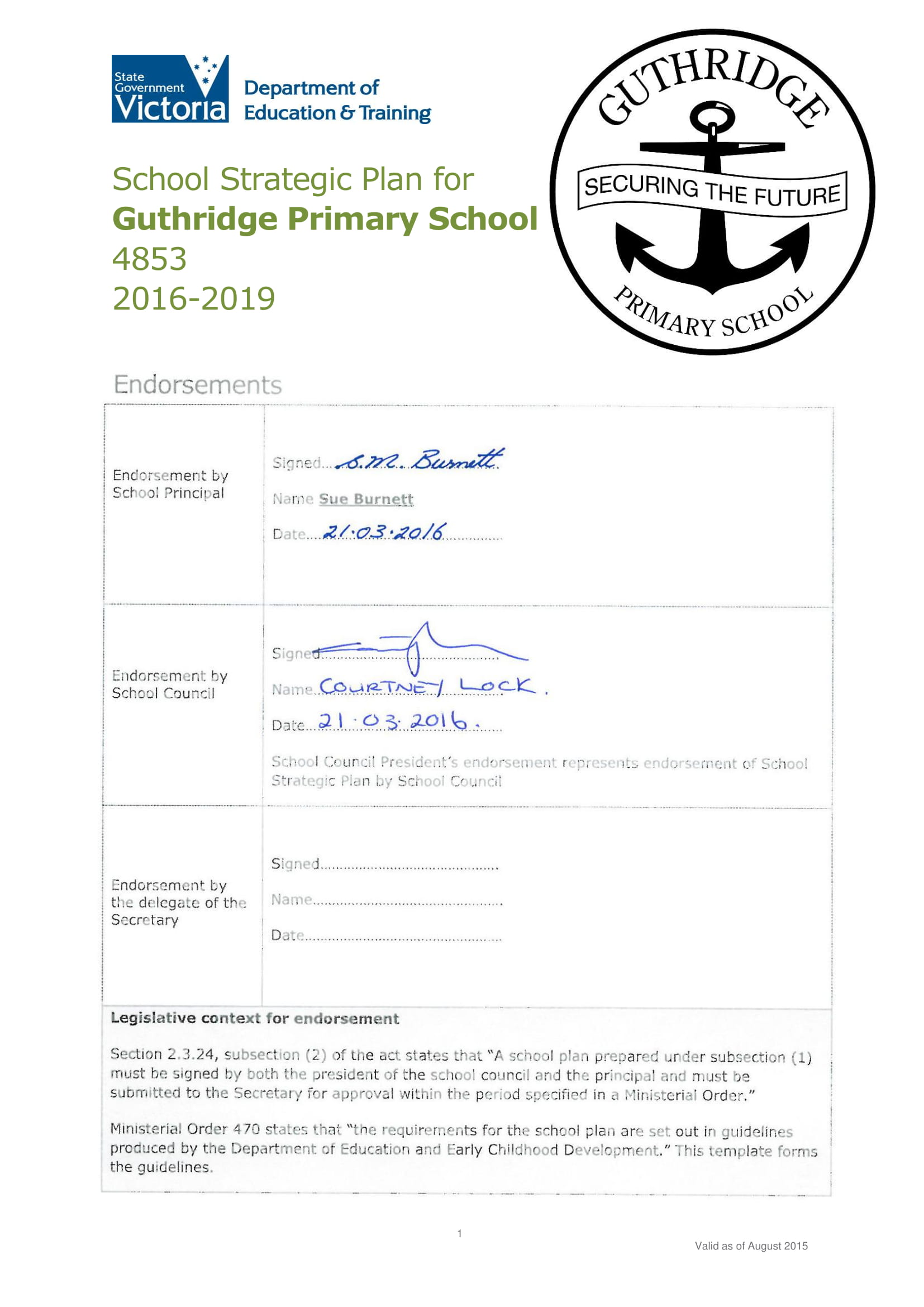
Creating a school strategic plan can be tedious and challenging especially considering the number of stakeholders that must take part in the planning, development, implementation, and evaluation processes of the document.
If you want to have a strategic plan for your school but you do not know the processes that you need to follow or the guidelines that you need to be aware of, make sure to browse through the entire post so you can see downloadable examples, tips, and recommendations that you can use as references. You may also see weekly plan examples & samples.




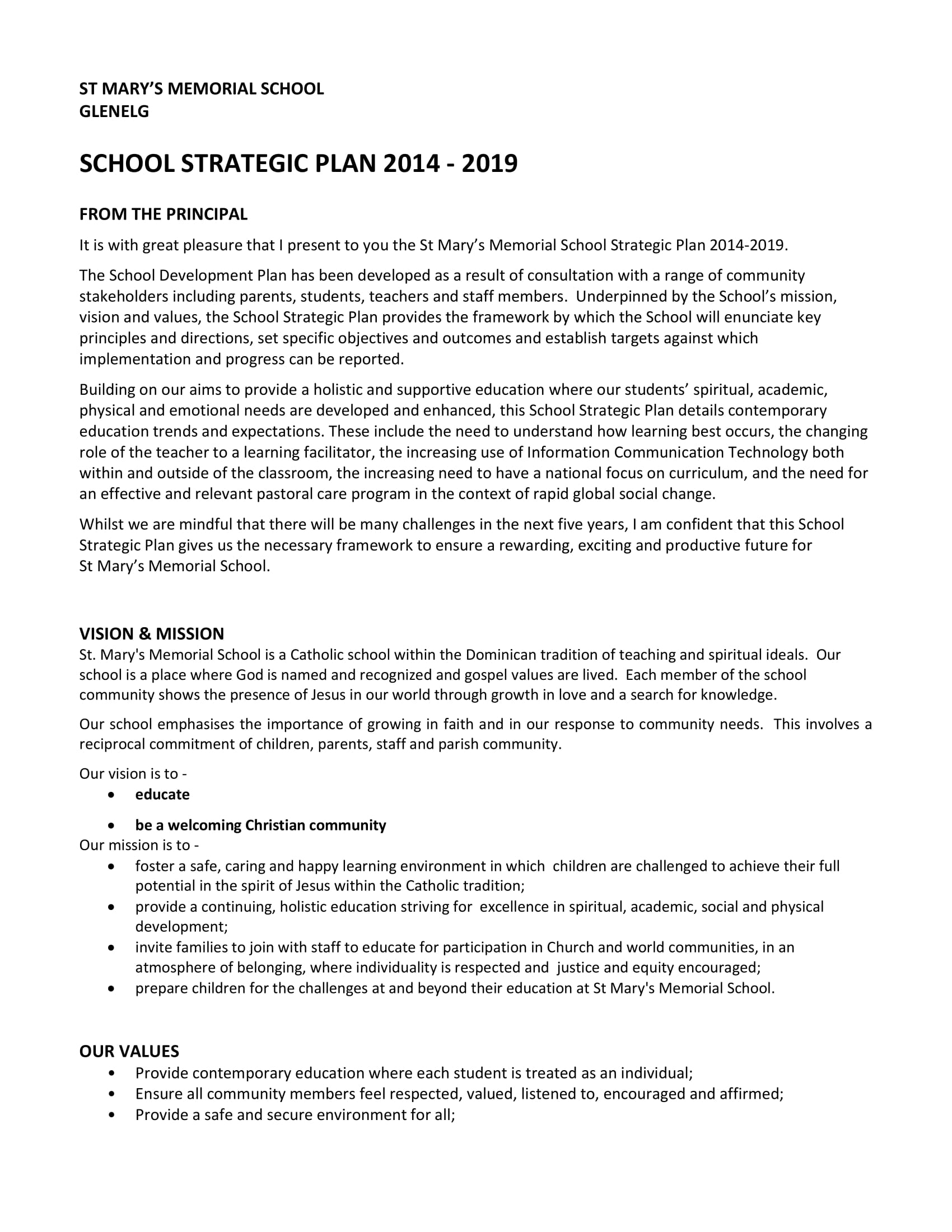
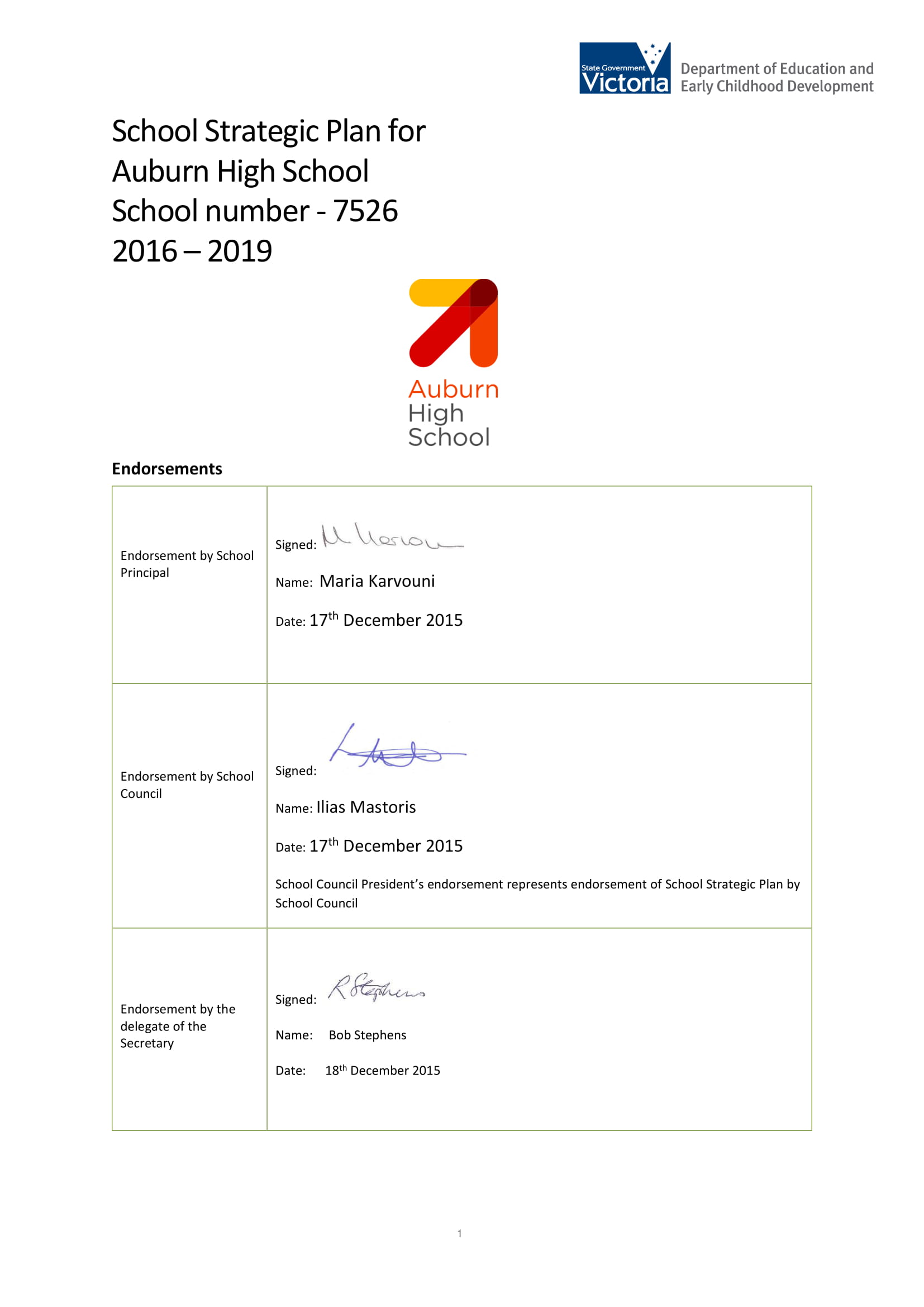
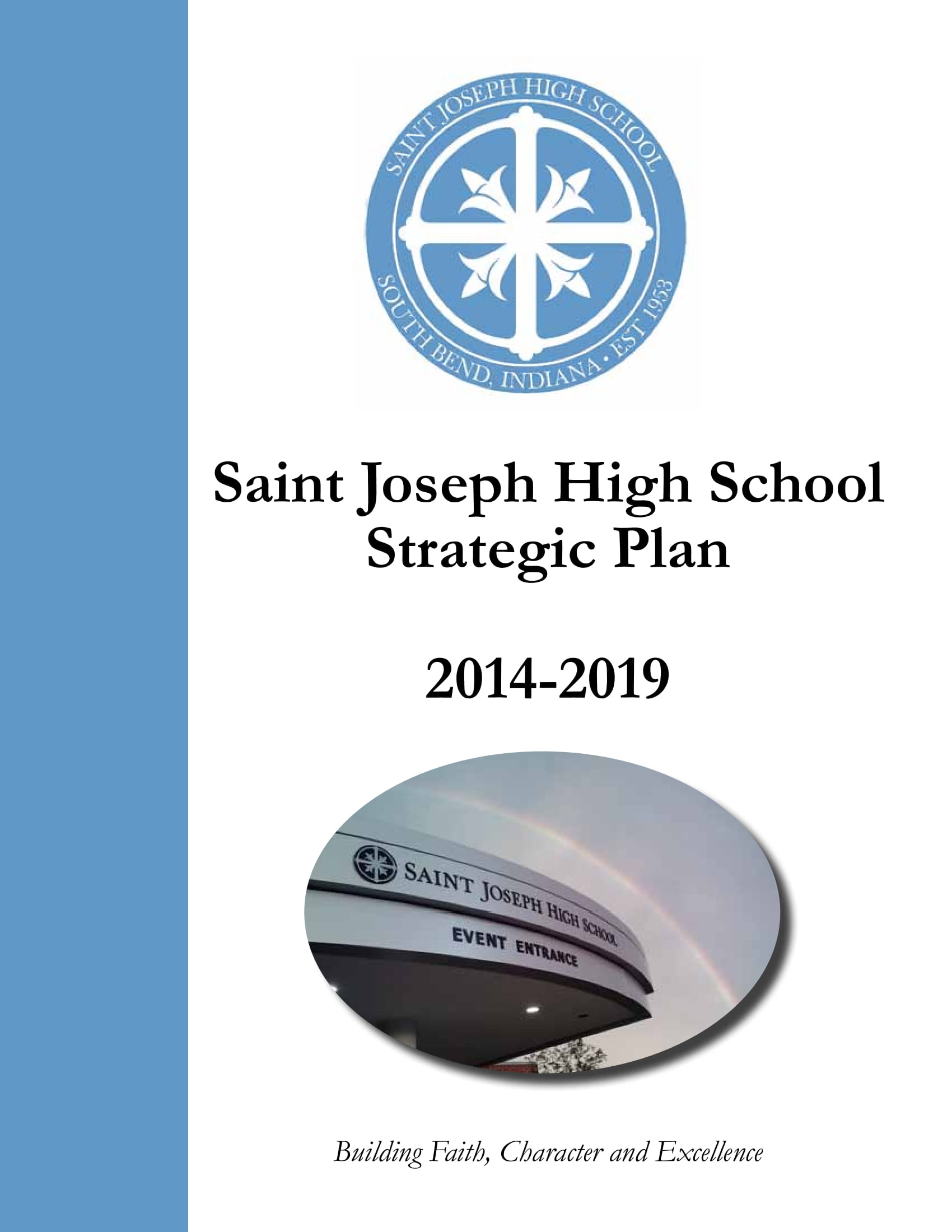

As its name would suggest, it is a document containing plans and strategies on how a school can reach their goals and objectives. A school strategic plan is beneficial when it comes to identifying the vision and goals that the school would like to achieve.
It may sound overwhelming, but knowing all the factors that you will be working with when making a school strategic plan can make it easy for you to understand how to create a document that fits the needs and demands of the school. If this is your first time creating a school strategic plan, here are some useful tips that you can follow.
Write about the things you already know about your school. Start with the mission and the vision of your school. Specify what your school works or needs improvement is. Once you have written them all down, you will be able to figure out what your objectives should be and make it easy for you to make your school strategic plan.
Have a timeline that will allow you to know when to implement a school strategic plan and when to expect specific results. Be specific when listing down all the strategies, tactics, and general action plans that you will designate in various time frames.
Provide an idea of the workforce that you will need to implement the school’s strategic plan’s content. You have to be particular with whom you are giving responsibilities. You can write down who in the teaching staff is ideal for which department and who should be a part of the leadership when it comes to implementation. This will help you be a lot more specific on how to put your plans into action.
Consider the budget allocation and other financial issues that you need to face when making the school strategic plan. This is important as it can dictate the attainability and sustainability of the school’s strategic plan. Knowing how you will use the school resources is crucial so that you can put limits when spending or allocating resources to achieve an action plan.
The creation of a school strategic plan depends on who runs the school. Often the principal themselves can come up with the system, but there are cases where the teaching staff or the board of directors has a strategic plan.
When a school has a strategic plan, that means they have a goal that they can work towards, when they have something to achieve that can help them make decisions and take action plans. For example, if a high school seeks to be successful, this can lead to their students receiving a high-quality education to enable that plan.
A school strategy refers to the business planning of the school. A school syllabus is the outline of lessons and content that you can expect from a class. The former affects the whole school while the latter involves a particular classroom only.
Do not let the long process of developing a school strategic plan intimidate you. As long as you know the basics that can help you make an effective document, you will have an easy time making it—achieving the creation of a form that can make your school more productive and proactive.